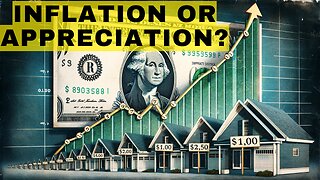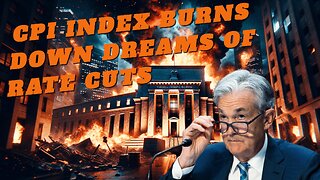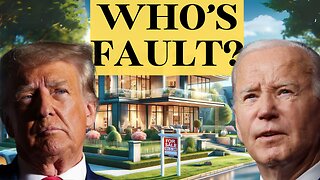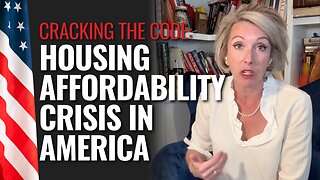How Artificial Inflation destroyed Toronto And Seattle's housing Markets Got Destroyed overnight
Money laundering can have a significant impact on real estate markets, potentially distorting prices and affordability. Here's how massive amounts of laundered money can contribute to this phenomenon:
Artificial Demand Inflation: When large sums of illicit funds are injected into the real estate market, they create artificial demand. This increased demand can drive up property prices beyond what would be considered reasonable in a normal market. As a result, legitimate buyers may find it challenging to afford homes due to inflated prices.
Limited Housing Supply: Laundered money often seeks high-end properties, which can lead to a concentration of investment in luxury real estate. This can limit the supply of available properties in the market for regular homebuyers, putting additional upward pressure on prices and reducing affordability.
Market Distortion: Laundered money may be used to make cash purchases, bypassing traditional mortgage processes. This can distort the market by making it difficult for legitimate buyers who rely on financing to compete. The imbalance between cash buyers with laundered funds and traditional buyers can skew the market dynamics and drive prices higher.
Gentrification and Displacement: Money laundering can lead to gentrification, where certain neighborhoods experience rapid increases in property values. As a result, lower-income residents may be forced to leave due to rising living costs, reducing overall affordability in the affected areas.
Erosion of Financial Integrity: Money laundering undermines the financial integrity of real estate transactions. When illicit funds are used to purchase properties, it becomes harder to trace the true ownership and source of wealth. This lack of transparency can contribute to an environment where property values are artificially inflated without a clear understanding of the market's underlying fundamentals.
Risk of Market Bubble: The injection of large amounts of laundered money can contribute to the formation of a real estate bubble, where prices rise rapidly based on speculation rather than fundamental economic factors. When the bubble bursts, it can lead to a sharp decline in property values, negatively impacting both homeowners and the broader economy.
To address these issues, regulatory authorities and governments may implement measures such as enhanced due diligence in real estate transactions, increased transparency in property ownership, and stricter anti-money laundering regulations to mitigate the impact of laundered money on real estate markets.
money laundering, real estate, affordability, illicit funds, market distortion, housing supply, artificial demand, cash purchases, financial integrity, gentrification, displacement, market bubble, regulatory measures, anti-money laundering, property ownership, transparency, market dynamics, legitimate buyers, luxury real estate, financing, cash buyers, economic factors, speculation, regulatory authorities, due diligence, property values, market fundamentals, bubble burst, inflated prices, high-end properties, wealth source tracing.
-
 4:28
4:28
Selling Boston & the Burbs by Jeffrey Chubb
6 months ago $0.01 earnedNo Bubble to Burst: The Inflation-Driven Rise in Home Prices
413 -
 9:30
9:30
Nate Necochea
5 months ago $0.02 earnedReal Estate "Doomsayers" WRONG? Why the Housing Market Won't Crash in 2024
631 -
 10:33
10:33
George Rodriguez: Tacoma-Seattle Real Estate Expert
4 months agoFebruary 2024 Real Estate Meltdown: What's Plaguing Tacoma & Seattle?
147 -
 24:55
24:55
Homes In Orlando For Sale
4 months ago $0.01 earnedCPI Surge Sparks Inflation Fears: Is a Commercial Real Estate Crisis Looming?
10 -
 8:27
8:27
JeffreyChubb
6 months agoMASSIVE HOUSING MARKET LIES Costing You $$$!
121 -
 15:07
15:07
Selling Boston & the Burbs by Jeffrey Chubb
6 months agoWHO IS TO BLAME FOR HIGH HOME PRICES?
252 -
 11:47
11:47
Afterthe925
6 months agoThe Housing Bubble Burst: Graham Stephan's Expert Analysis
13 -
 15:08
15:08
HousingBubble2withRandyPatrick
6 months ago $0.07 earnedTop US Metros Exposed - Will Commercial Real Estate Implode in 2024 ? Housing Bubble 2.0
147 -
 9:21
9:21
GET RICH EDUCATION
3 months ago $0.02 earnedHow the Housing Market CRASHED without You Noticing
26 -
 16:04
16:04
Essential Real Estate Wisdom
4 months agoWhat is Causing the Affordability Crisis with Housing in America?
18